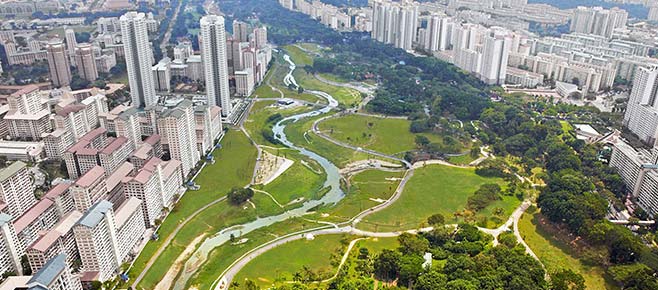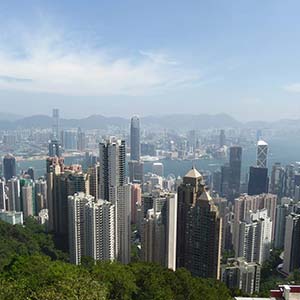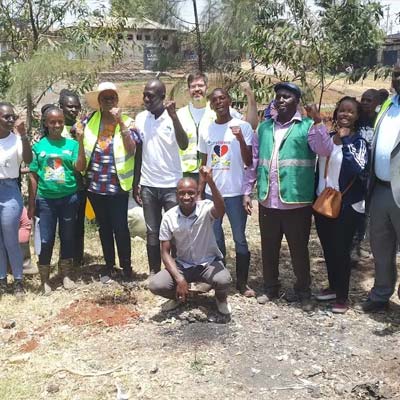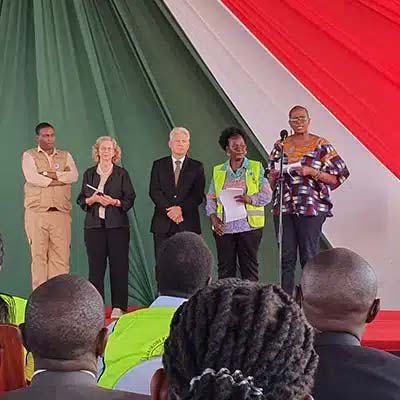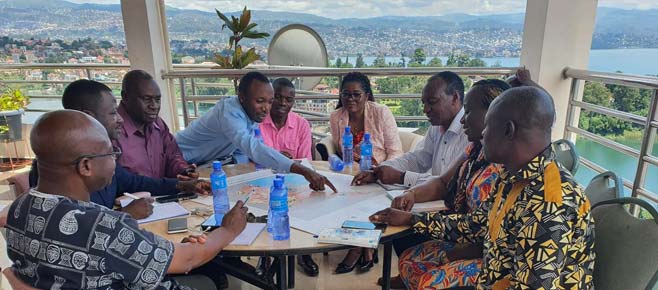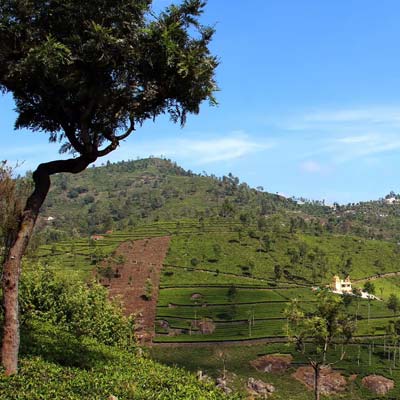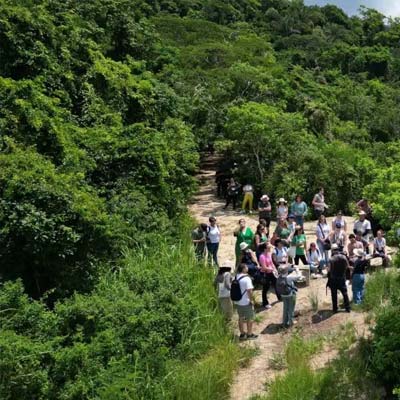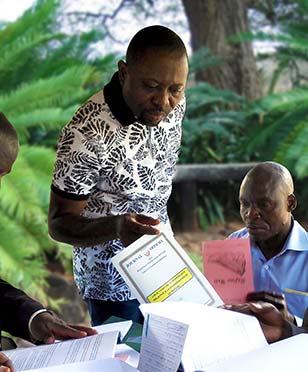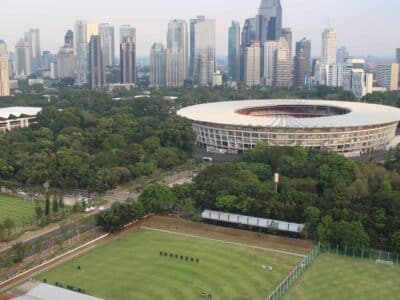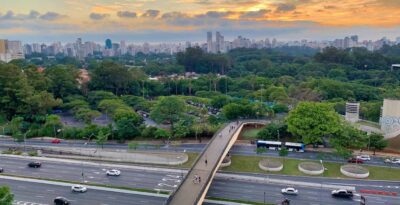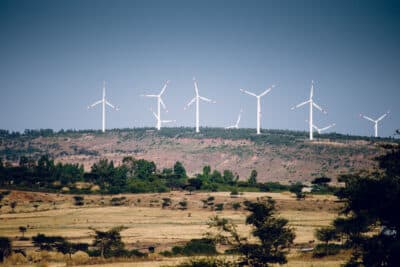Cities4Forests’ work to inventory emissions from forests and trees in cities allows communities to estimate, report on, and set goals around greenhouse gas emissions and removals by forests and trees within their boundaries.
Opportunity
Nations and cities depend on greenhouse gas inventories to identify solutions to reduce their fossil fuel emissions. These solutions can be critical to help countries fulfill their nationally determined contributions. However, many cities have not included forests and trees in their inventories due to a lack of capacity and detailed guidance. Trees and forests can be a significant part of a greenhouse gas inventory. According to the Intergovernmental Panel on Climate Change, the agriculture, forestry and other land use sector accounted for 13% to 21% of global greenhouse gas emissions from 2010 to 2019. Because trees remove carbon dioxide from the atmosphere as they grow and release the gas when they die, their absence from an inventory could omit an important set of opportunities and solutions from climate change mitigation plans.
Project Description
In partnership with C40 Cities Climate Leadership Group (C40) and ICLEI-Local Governments for Sustainability, Cities4Forests developed a guidebook that walks communities through the process of estimating annual emissions and removals by forests and trees in their jurisdictions, including urban trees and trees in agricultural landscapes. The guidebook supplements the WRI Global Protocol for Community-Scale Greenhouse Gas Inventories and has been piloted in Jakarta, Mexico City, Mumbai, Salvador and several U.S. communities.
Cities4Forests’ experts are working with cities and other communities to develop these inventories and understand how forests and trees affect their emissions. Cities can use the resulting inventories to develop ambitious and transparent climate change mitigation goals.
Working closely with city officials, the project completed draft greenhouse gas inventories for all pilot cities, as well as Cartagena, Colombia. Building on the success of the Jakarta inventory, the project will scale the methodology to three more Indonesian cities, namely Balikpapan, Denpasar and Medan.
